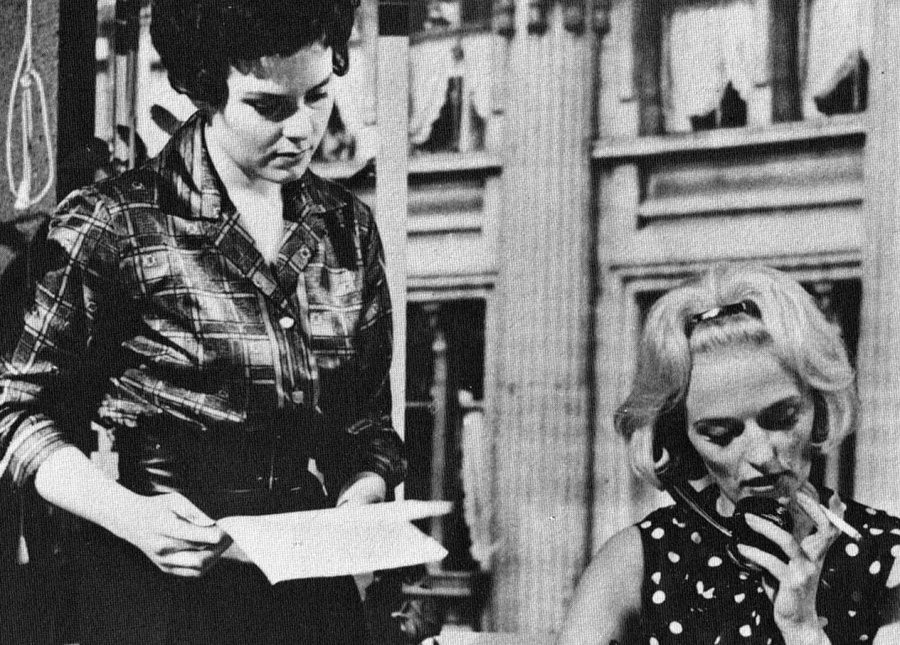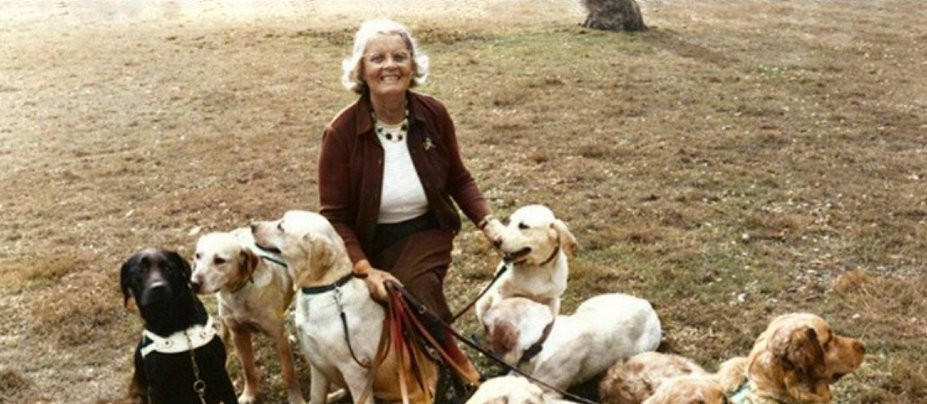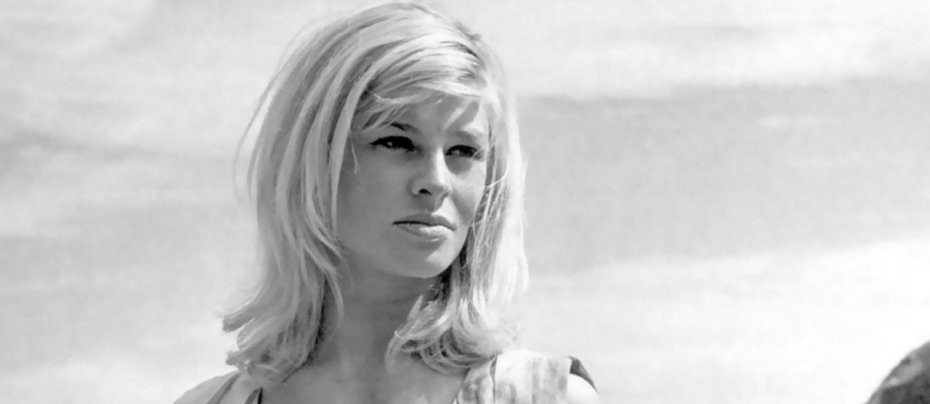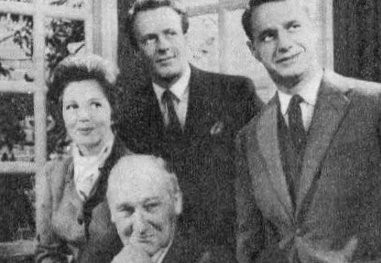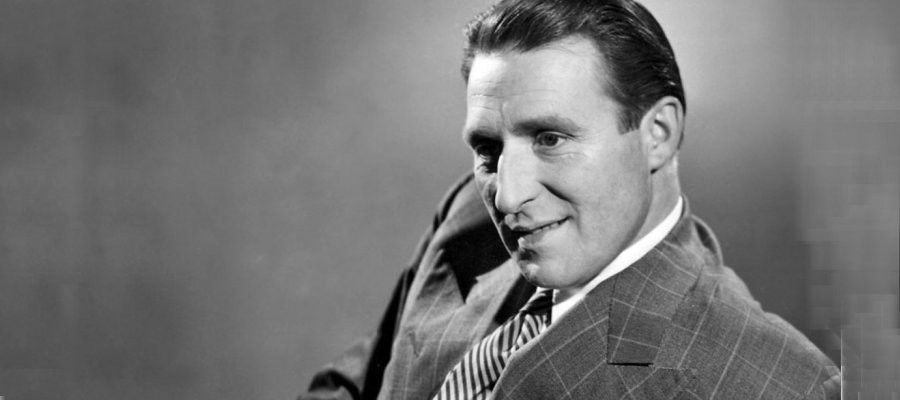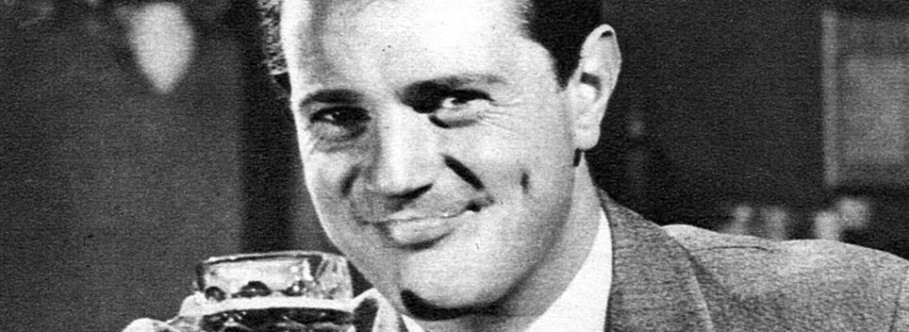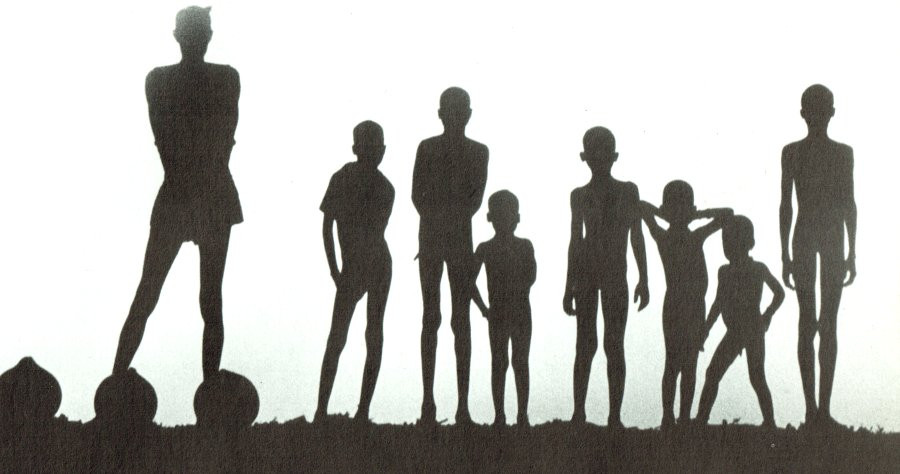
Survival
1961 - United KingdomOf all Anglia’s television programmes the most celebrated is, without doubt, Survival. The programme sprang from a 15-minute natural history programme called Countryman which Aubrey Buxton, a dedicated naturalist with a particular interest in ornithology, had started in June 1960 and presented on screen himself. At that time Granada Television began to wind down its unit based at the London Zoo which made animal programmes, such as Zoo Time, for the network. Buxton saw an opportunity to offer ITV a new wildlife series. As a pilot for the series he made a programme about the copyu, a rodent from South America that caused much destruction in the region.

Associated-Rediffusion, then the London weekday broadcaster, agreed to back Survival provided the first programme was about wildlife in Central London. Colin Willock, then deputy editor of the current affairs series This Week worked on the show. The second programme was filmed in East Anglia but with the third edition Wilcock and a cameraman travelled to Uganda to do an edition on the almost extinct white rhino. From that show on, Survival travelled the world producing six half-hour programmes a year. The basic theme of each production was the conflict between man and nature with the programme coming down firmly on the side of conservation.
As he was launching Survival, Aubrey Buxton also helped to found the World Wildlife Fund along with Peter Scott and others, including David Attenborough. “When we founded WWF nobody knew what conservation meant,” Buxton recalled. “But today everybody at every bus stop, in every school, in every street, is aware of it.” Prince Phillip became chairman of the British appeal of the WWF introducing an hour-long special about conservation in Africa, The New Ark, which won Survival’s first international award, the Golden Nymph of the Monte Carlo Film Festival in 1963. The original series ran for 40 years during which nearly 1000 shows were produced. It was also one of the UK's most lucrative television exports, with sales to 112 countries. In its prime, it achieved the highest overseas sales of any British documentary programme and, in 1974, gained a Queen’s Award for export success. It became the first British programme sold to China (1979), the first to be broadcast simultaneously across the continent of North America (1987) and its camera teams were the first to shoot a major wildlife series in the former Soviet Union (1989–91). Survival films and film-makers won more than 250 awards worldwide, including four Emmy Awards and a BAFTA. Buxton, producer of Survival for most of its life, also received a Royal Television Society silver medal in 1968 for outstanding artistic achievement, and a gold medal in 1977.

Commentary for Survival shows was voiced by many leading actors over the years, including Orson Welles, Henry Fonda, David Niven, Sir Anthony Hopkins, John Forsythe, Stefanie Powers, Gene Kelly, Timothy Dalton, Jason Robards, Sir Peter Ustinov and Richard Widmark. Almost all the narrators were heard but not seen. The series did, however, break with tradition and engaged an on-camera presenter when Gaby Roslin fronted a six-part series of half-hour shows in 1995 under the title Predators.
Following the takeover of Anglia in 1994, Survival's survival as a documentary series was brought into doubt, although Survival Specials continued to be commissioned. A later acquisition by Granada and an announcement, days before Survival's 40th birthday of plans to close the Norwich operation with the loss of up to 35 jobs, resulted in Wildlife programming being consolidated under Granada Wild and moved to Bristol. The decision, Granada said, was due to “the changing demands of UK and international broadcasters". It added that markets were "hungry for popular documentary techniques, the use of presenters and the inclusion of more science". In 2006, however, ITV announced the return of wildlife programming to Norwich along with the re-location of the Granada Wild film library, including the Survival catalogue. In spring 2009 ITV said the Survival title was returning. The resulting three-part series was rebranded Survival with Ray Mears and broadcast on ITV1 in 2010.
Seen this show? How do you rate it?
Seen this show? How do you rate it?
Published on February 5th, 2019. Written by Marc Saul (2011) for Television Heaven.


